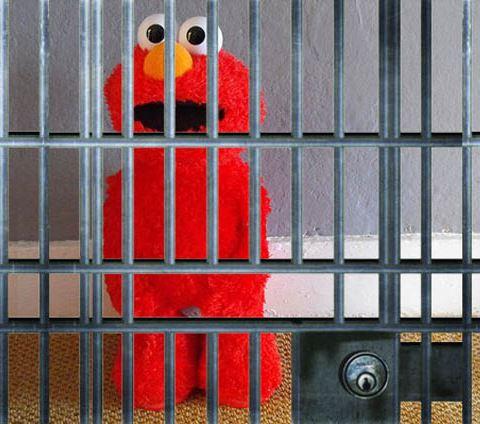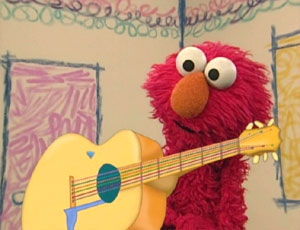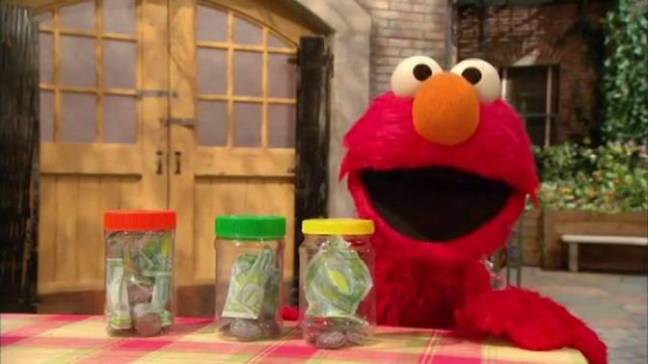Word Round Town is That Stats & Facts Must Just Be Bias Demand
I don’t know about you but the music industry can seem little confusing sometimes. Each day cases, lawsuits, statistics, company rivalries, and so much more hits are presented to us in various formats (magazines, newspapers, blog, forums etc). Today I’d like to carry on with the streaming music issues that have arisen.
The argument has been going on for so long, but who is right? No, really. Who is right? We are hit right and left with so many contradicting ‘facts’ and ‘statistics’. Are these real, or just lofty opinions? We have to ask ourselves this question before we take any side in supporting artists or streaming companies.
Here are some examples:
Cary Sherman, head of RIAA (Recording Industry Association of America) told Re\Code reporter
“They will not just take down all 100 copies. They’l take down only the file that we’ve identified. We have to find every one of them, and notice them,…”
Vs.
YouTube’s director of global music partnerships Christopher Muller’s report in The Guardian
“thousands of labels and rightholders have licensing agreements with YouTube to actually leave fan videos up and earn revenue from them.”
The announcement of Gabriela Vatu on behalf of SoftPedia regarding a brand new study on YouTube,
“A brand new study indicates that the popular video streaming site is the reason why record labels lose millions of dollars each year.”
Vs.
YouTube‘s claim,
“…where radio does pay royalties, we pay at least twice as much.”
Blondie’s public complaint in The Guardian
“YouTube has enabled a flood of unlicensed content into the marketplace, driving the market price down and using their monopoly-power to pay next to nothing.”
Vs .
YouTube’s statistics,
“Only 0.5% of all music claims are issued manually; we handle the remaining 99.5% with 99.7% accuracy. And today, fan-uploaded content accounts for roughly 50% of the music industry’s revenue from YouTube.”
Musicians and labels complain that file-sharing, streaming and piracy don’t benefit the industry at all. However, statistics (whether their real or not) indicate that it actually increases revenue by acting a a promotional tool (that costs the company nothing by the way). For instance,
“a funny video of a Ben Affleck interview helped propel Simon and Garfunkel’s The Sound of Silence to the Top 10 Hot Rock Songs chart 50 years after it was released.”
Many people will say Spotify do not pay enough. Spotify pay out 70-75% of their revenue back to the artists and or record company (whoever is in charge of the accounting). If you didn’t know, 1% of artists receive up to around 77% of the revenue earned in the music industry (radio, live, stream, downloads, merchandise, ads etc). Maybe that is one reason why Spotify isn’t good for new artists. Of course it will be hard for any new artist hoping to promote themselves these days, when there is so much competition with so many people aspiring to be full-time paid musicians and artists. But, in my option, it is also down to the fact that generally people listen to what they know (commercial pop icons) or what is directly fed to them (commercial pop icons).
One thing is for sure though and that is Nothing is for sure in the music industry.
Elmo pic taken from Best Elmo rap song – big bird goes crazy – YouTube









 eeing on the neighbours front door at 3am…..(that has been a real complaint, I’m not making that up).
eeing on the neighbours front door at 3am…..(that has been a real complaint, I’m not making that up).